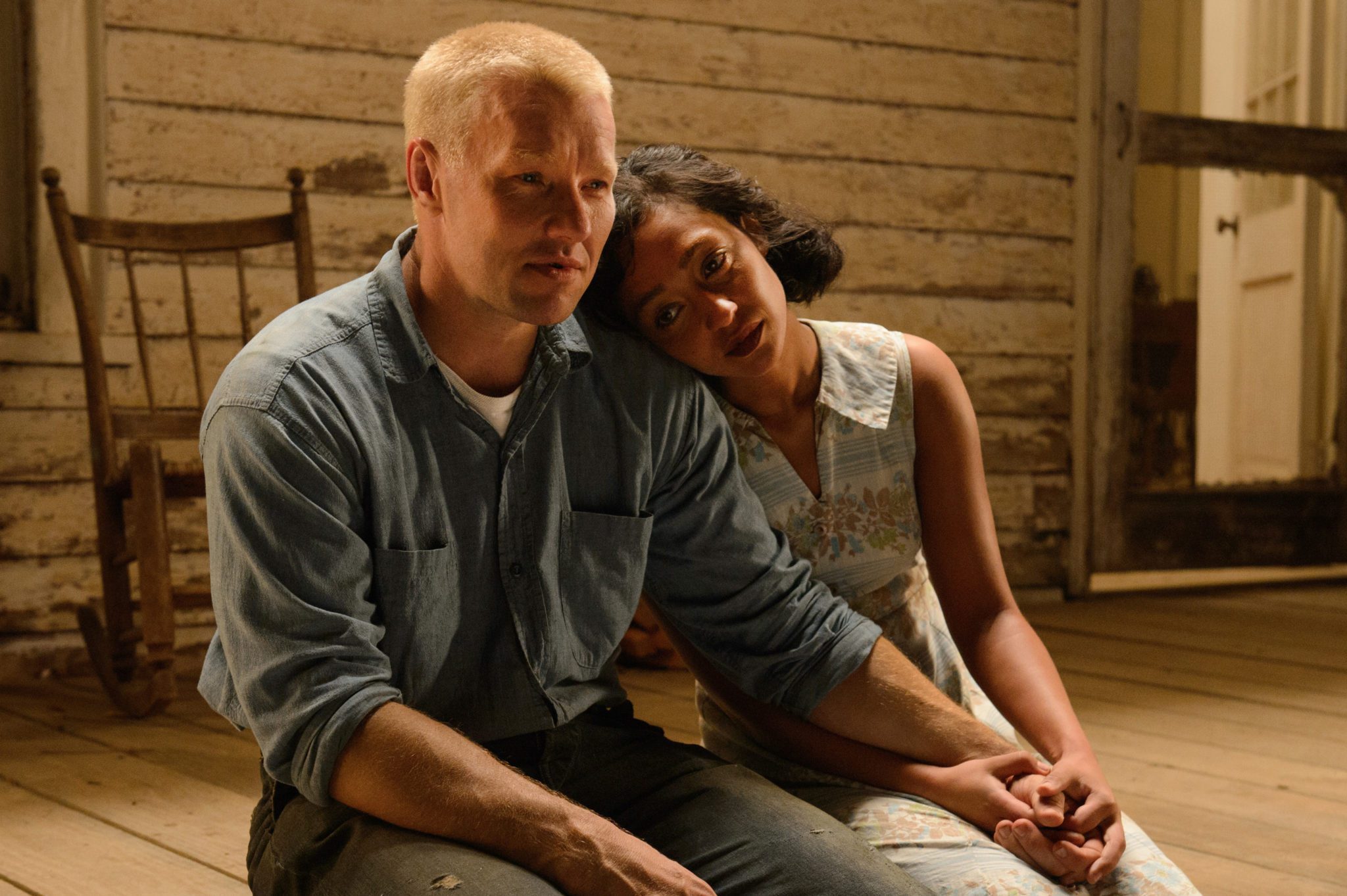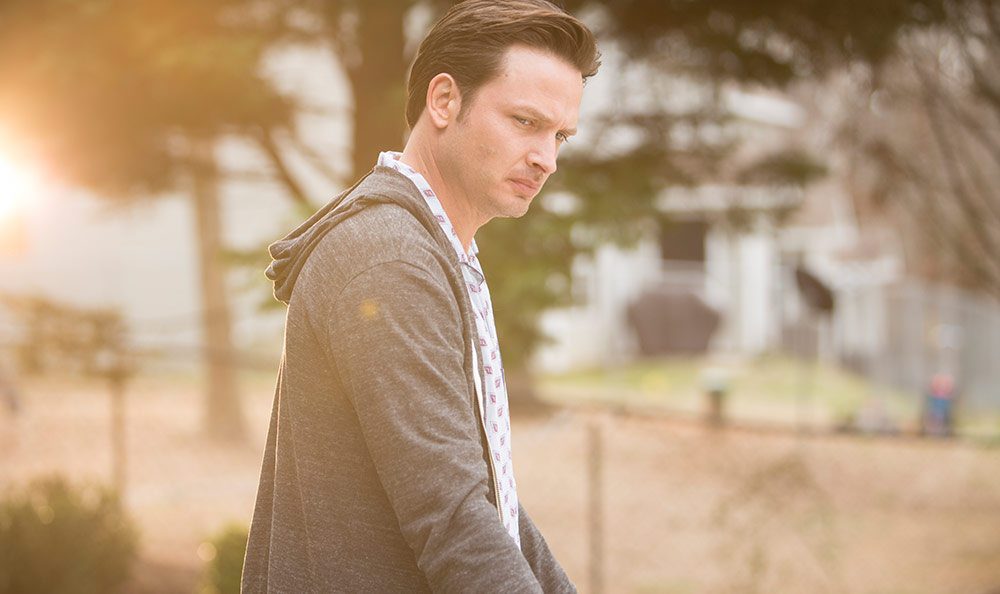
Loving – When Marriage is a Crime
The case, Loving v. Virginia, is considered one of the landmark civil rights cases of the 1960s. This is not the story of the battle to overturn an unjust law?that is merely a side issue in the story. This is the story of the two people whose name is the referent of the case.

